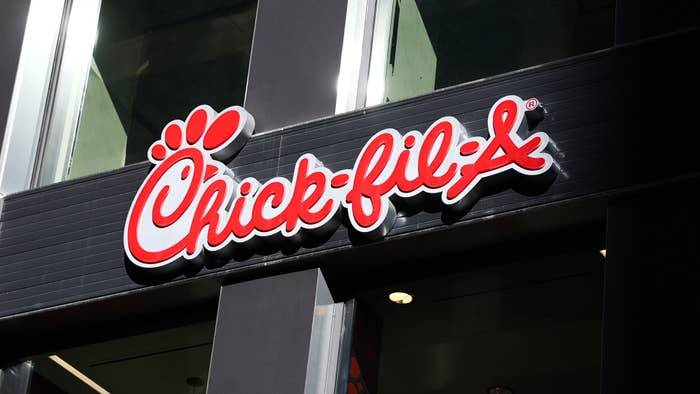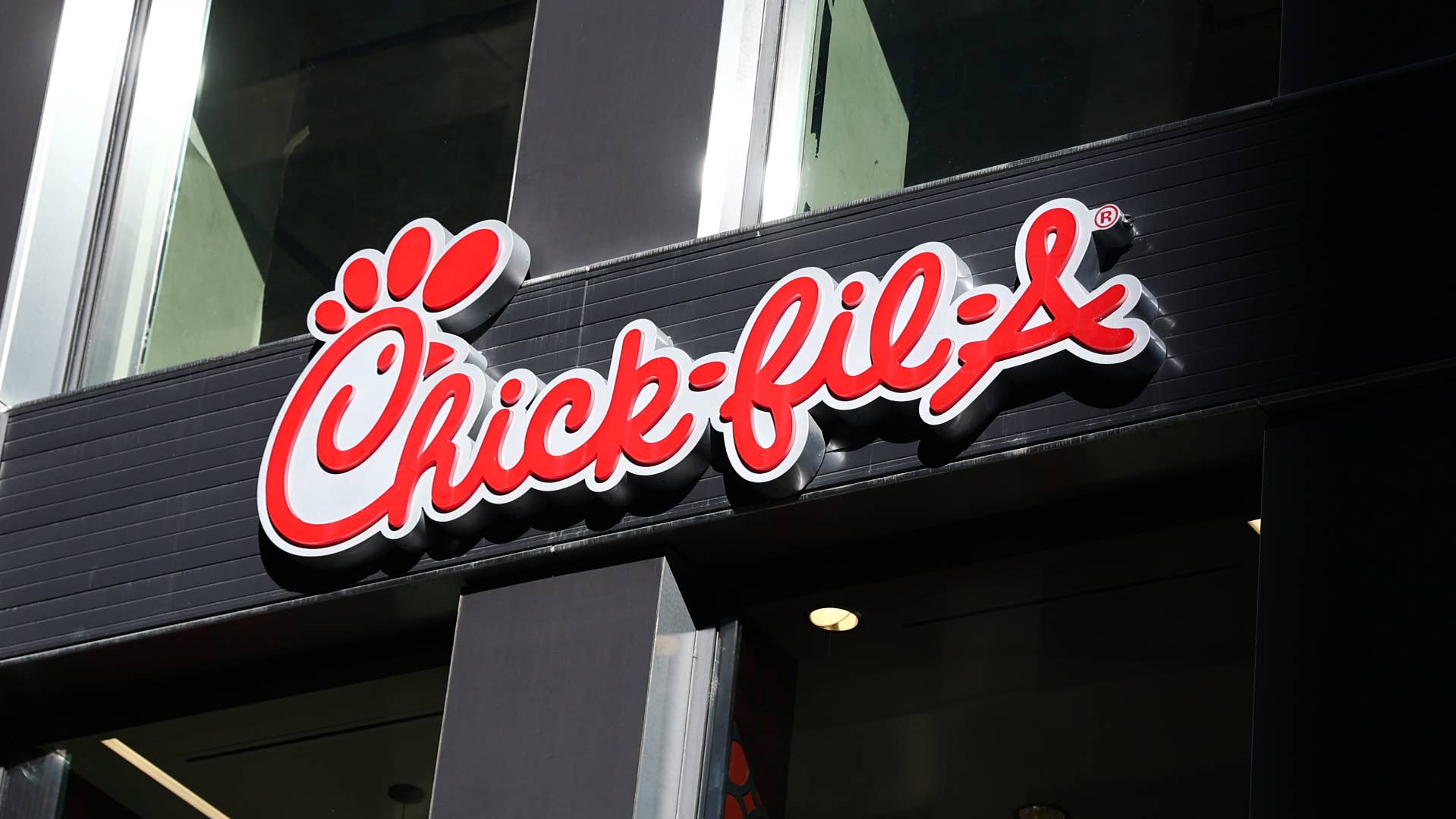
A Chick-fil-A franchise in Hendersonville, North Carolina has been fined thousands of dollars for violating child labor laws, as well as providing food vouchers in exchange for “volunteer” work.
The U.S. Department of Labor issued a $6,450 fine to Good Name 22:1 LLC, owner of the location, after an investigation revealed three workers under the age of 18 were allowed to operate, load or unload a trash compactor, a violation of child labor regulations.
The franchisee was also ordered to pay $235 in back pay to seven employees, who were tasked with directing drive-thru and parking lot traffic, in exchange for free entrees. The Hendersonville location shared a Facebook post seeking volunteers on July 26, and removed it the following day.
“Most restaurants are individually owned and operated, and it was a program at an individually owned restaurant,” a Chick-fil-A spokesperson told Insider. The program has since come to an end.
“Child labor laws ensure that when young people work, the work does not jeopardize their health, well-being or educational opportunities,” Richard Blaylock, the DOL’s wage and hour division district director in Raleigh, said “In addition, employers are responsible to pay workers for all of the hours worked and the payment must be made in cash or legal tender.”
In August, a Chick-fil-A location in Tampa was fined over $12,000 for violating child labor provisions by employing 17 people who were either 14- or 15-years-old, allowing them to work more than three hours on a school day, and past 7 p.m.

